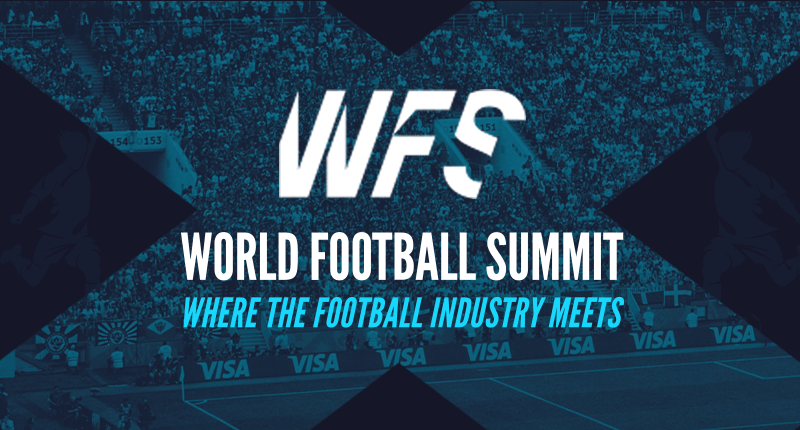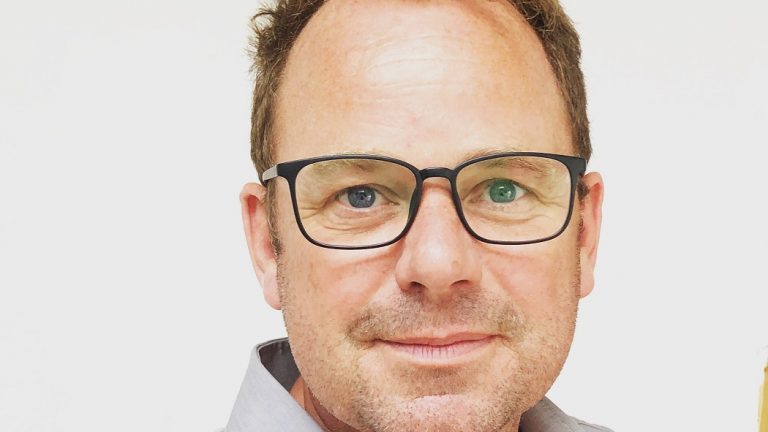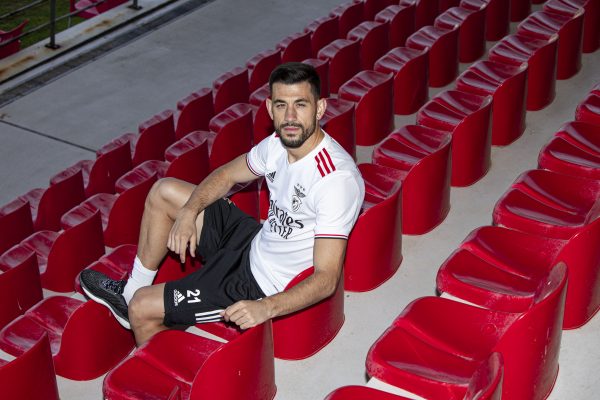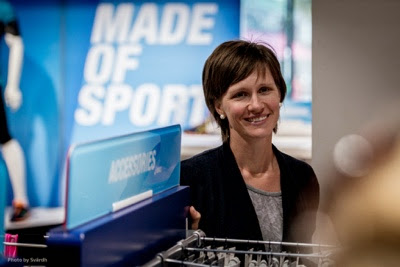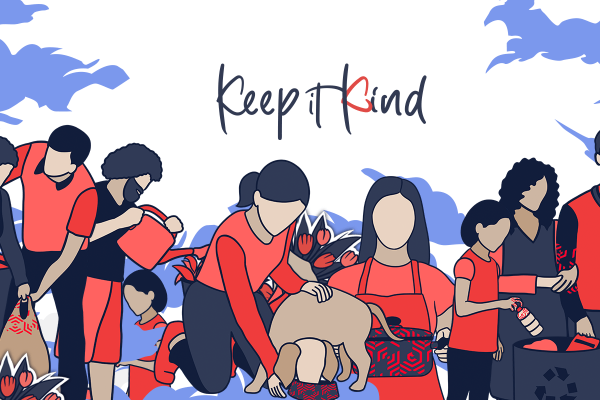Common Goal is a collective movement committed to unleashing the power of football to generate positive social change across the world. It’s a straightforward mechanism in which the industry, led by the players, pledges a minimum of 1% of earnings into a collective fund which subsequently invests in well-established and highly efficient grassroots projects, which use football as a tool to empower young people in disadvantaged communities around the world. The Playknox spoke with Ben Miller who is one of the founding team of Common Goal to know more.
Tell us more about the strategy behind the working of Common Goal.
The strategy is promote the understanding across the industry that by working as a team, football has the capacity to become a major player and accelerating force in shaping the future of the planet, without even noticing the financial investment.
Step by step the movement, which turns 3 on August the 4th, is growing. In the first year we had 40 players and then 80 in the second year and now there are almost 160. Over € 2M has been generated for investment into football-based organisations. Also professional clubs such as the wonderful and innovative FC Nordsjælland from Denmark, and the up-and-coming Oakland Roots from the US have recently joined us.
There are also corporate partners getting involved, like Banco Santander, EA Sports, and Deloitte, plus football administrators such as Aleksander Ceferin, the President of UEFA, and icons of the game, like Eric Cantona, the first Common Goal mentor. It’s been an exciting journey so far and it’s only just getting going. 1% of revenues from the football industry last year would be over €400 million. Just take a second to imagine if that sum was invested year on year in well-run, highly effective NGO’s using football to tackle social problems, create young leaders, allow girls to fulfil their potential, fight against discrimination, reduce violence. It would totally transform football’s role in the world, while simultaneously increasing the industry’s money making potential by making football more purpose-focused, engaging, and attractive to corporate partners, plus a new generation of fans.
What has been the impact of Covid-19 on the organisation? How are you overcoming those challenges?
The only positive from the pandemic has been a collective jolt – a realisation or awakening from the world’s people and leaders – at least the sensible ones – that the only effective way to tackle a global crisis is to listen to scientific evidence, act on it as soon as possible in a transparent and unified manner, ditching short-term financial goals, political one-upmanship, and egos, for the good of the planet.
All of the challenges facing the world, outlined by the Sustainable Development Goals (SDG’s), will only be augmented by Covid-19, and those in the under served communities will suffer the most.
Common Goal launched a Corona Virus Response Fund at the start of April and so far around € 450.000 has been generated through the fund for both immediate relief and mid-term support for the community organisations severely affected by the pandemic. Over € 300,000 has already been allocated to 27 football-based NGO’s around the world. My Common Goal and streetfootballworld colleagues in Berlin have done an amazing job making this a working reality in such as short time.
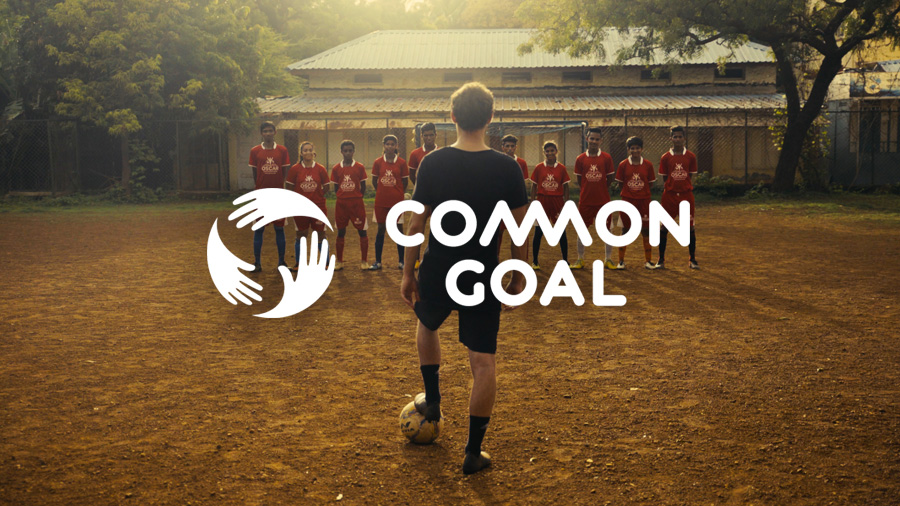
Why is it important for players/organisations to look beyond football and contribute to society/give back to football?
It’s not really looking beyond football; it’s just a more complete understanding of what football actually is. World Cups and Champions Leagues are part of it, but there’s so much more. Without the base, the top end would lose its meaning. The football played on the streets of Medellin, the parks of London, the townships of Monrovia, the favelas of Rio, is exactly the same sport as that played in Anfield, The Maracana, Allianz Arena, or the Santiago Bernabéu. It makes no sense that these are currently treated like two separate world – we are all interconnected.
For players there is a tremendous opportunity at this moment in time to use the platform the sport gives them to stand up for social and racial injustice, and be part of the solution. If they do feel moved by a particular social challenge, then they shouldn’t hold back from taking part right away.
It won’t distract them from their performance – in fact it’ll help improve it, as they will be happier, more rounded and connected individuals. It will further help then drive their brand value and open new doors. Marcus Rashford just became the youngest person to get a doctorate from Manchester University- how cool is that?! Mata participated in the World Economic Forum and met with Malala and Bill Gates. Even Liverpool fans respect him for what he’s done by becoming the first player to commit to Common Goal. Who didn’t love Klopp for using the Best Awards stage to announce he was joining Common Goal. It shows empathy and humility, which is all the more admirable in such a moment of individual success and recognition.
In my view, many players would love to do something for the communities they come from, and for society. They just need to be educated and encouraged to seek transparent and effective platforms to do so. This should be a priority for any advisor around them.
Also clubs are beginning to understand the wellbeing and performance benefits of having better informed and more connected players. Now is the moment to totally re-evaluate what success means in football academy model. If I am a club then first step is to recognise that only tiny fraction of my youth players will become professionals, which is fine, because if they are coming out as well-balanced, happy young adults with other interests, academic and work opportunities, then that is totally a success. If the tiny percentage of players that do go on to have elite careers subsequently strive to leverage their success to help others in a sustainable and effective way, then that is also success.
Tell us about your recent initiatives and campaigns.
We have the recent Common Goal Covid-19 Response Fund, which has been supported by many individual players, and also institutions such as the UEFA Foundation for Children. Recently a group of 13 German agencies, representing hundreds of top players have unified to support Common Goal. These rivals in a fiercely competitive area of football have come together to build 10 pitches with accompanying community centres in 10 German cities in underserved neighbourhoods. Huge kudos to my colleague Thomas Preiss for bringing this to life – seeing football agents join forces for a commonly shared social aspiration, really gives me faith that we are on the right track.
I’m so proud that the Common Goal team, now totalling almost 160 players and managers, reflects the reality of football – just over half the players are female, and the players range from World Cup winners such as Megan Rapinoe, Alex Morgan, Mats Hummels and Juan Mata, and the most successful coach on the planet, Jurgen Klopp, to second and third division players who barely make enough from football to live. The message in that inbuilt diversity and inclusivity transmits is close to the heart of what Common Goal stands for.
In the next few weeks one of the world’s most valuable players is joining us – he’ll be the first superstar from a South American background, so it’ll be a huge moment for him, and another important step for Common Goal, so we are looking forward to sharing the news.
There has been a lot of dialogue around inclusiveness and diversity. What according to you can be done to improve the situation?
There needs to be a hybrid approach embracing bottom up and top down tactics to achieve inclusiveness and diversity. While children and young adults need equal access to participation, they subsequently need to be educated in the vital importance of diversity. Football based programs are highly effective tools for promoting positive behavioural change. At the same time the sport’s protagonists – the players – will be better cared for and more prepared for life outside of the playing field.
There are not enough female leaders in football, and this needs to change right now for the future health of the sport. There are plenty of highly capable, fearless female leaders out there. We need to put them in positions of power. We also need to see more ethnic diversity across the game – as much in the boardrooms as we see on the pitches. That’s football.
Football needs future-focused leadership that understands that by transforming to a more responsible and inclusive business, more growth opportunities for the business side of the sport will be generated. At the same time the sport’s protagonists, the players will be better cared for and prepared for life outside of the playing field, and the sport can feel immensely proud of itself for making the world a better place. What’s there to lose?


